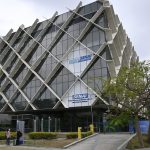The SENAI Innovation Institute for Biosynthetic of SENAI CETIQT (ISI B&F) is an EMBRAPII Unit accredited to work in Synthetic Biology, Fibers, and Chemical Process Intensification. The Unit focuses on developing new materials and molecules using chemistry, biotechnology, and textile technology via products and processes which generate less waste, consume less energy, and are technico-economically viable for industrial scaling.
ISI B&F is part of the SENAI Innovation Institute (ISI) network, created as a bridge between academia and the needs of national business. It focuses on applied research, working from the pre-competitive phase of the innovative process to the final stage of development, in which new products are about to be manufactured by the industry. One of its fundamental principles is the practical use of knowledge to develop customized solutions for companies or ideas that generate business opportunities.
Since its creation in 2016, ISI B&F has effectively established more than 120 contracts for RD&I and technological service projects, with a great transversality in serving segments of the chemical specialty and base industry, from hygiene, cosmetics, cleaning, and agrochemical sectors to pulp and paper, oil and gas, and textiles.
More than 68 clients were served up to now, many of which returned for new projects, a result also attributed to the technical competence and experience of the team in working in the industry.
In a strategic proximity to academia and to research and graduate groups, the ISI B&F physical facilities are located in the UFRJ Technological Park, which has 3500 of the nearly 5000 m2 of its floor space occupied by laboratories and pilot plants, as well as auditoriums, meeting rooms, and co-working spaces.
ISI B&F was created thinking about the comparative advantage that Brazil has in biotechnology and the use of renewable raw materials. Studies show that these are two sectors in which Brazil has a wide competitive advantage, in addition to its greater biodiversity and the largest agricultural area available in the world. Developing the industrial biotechnology sector has the potential to reduce the national trade deficit by increasing the added value of new products and processes, improving the margins of the chemical sector, minimizing the biotechnology lag of the country, and increasing the availability of sustainable products.



